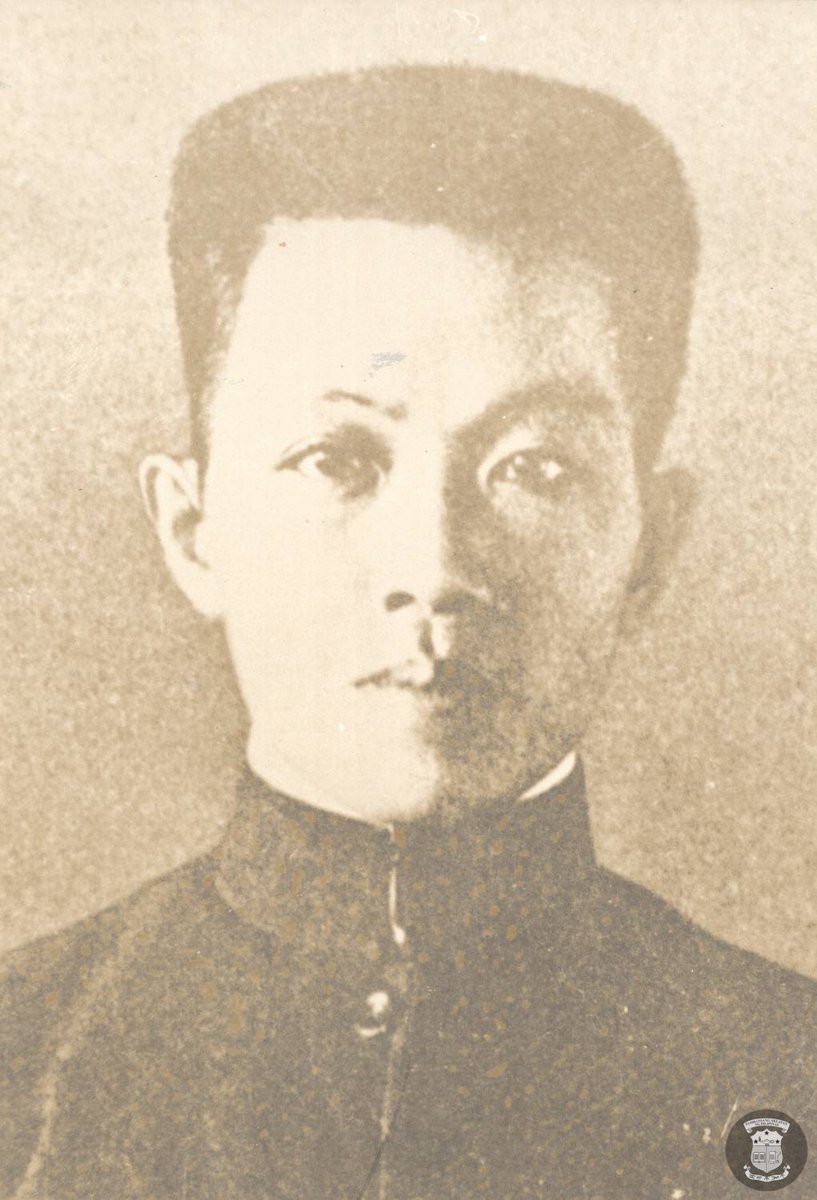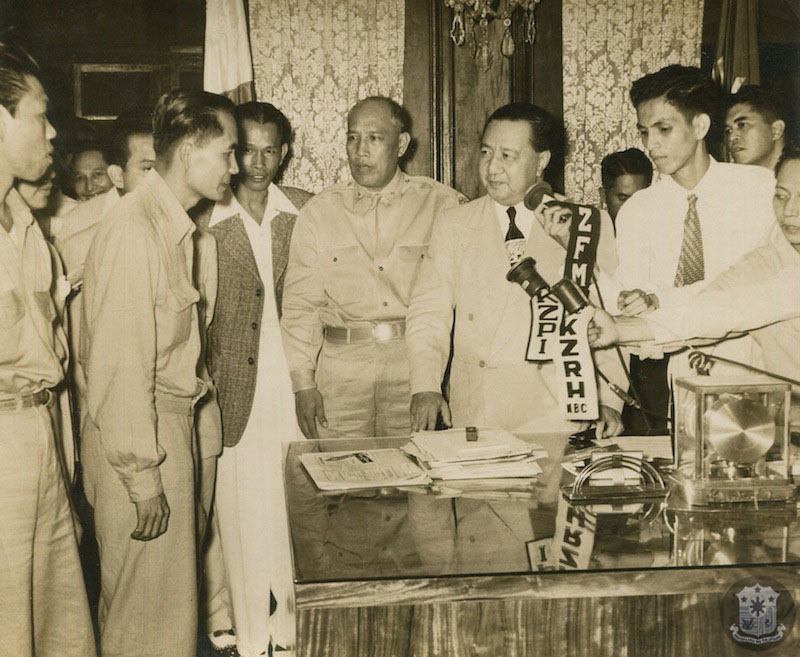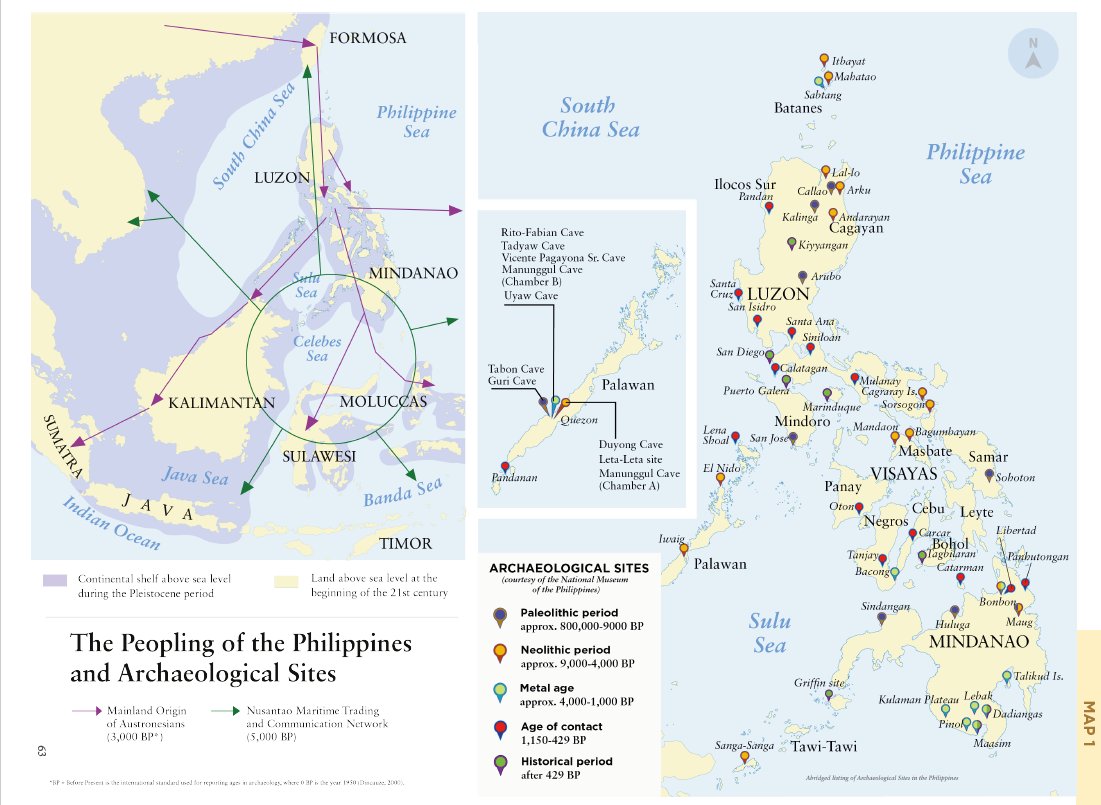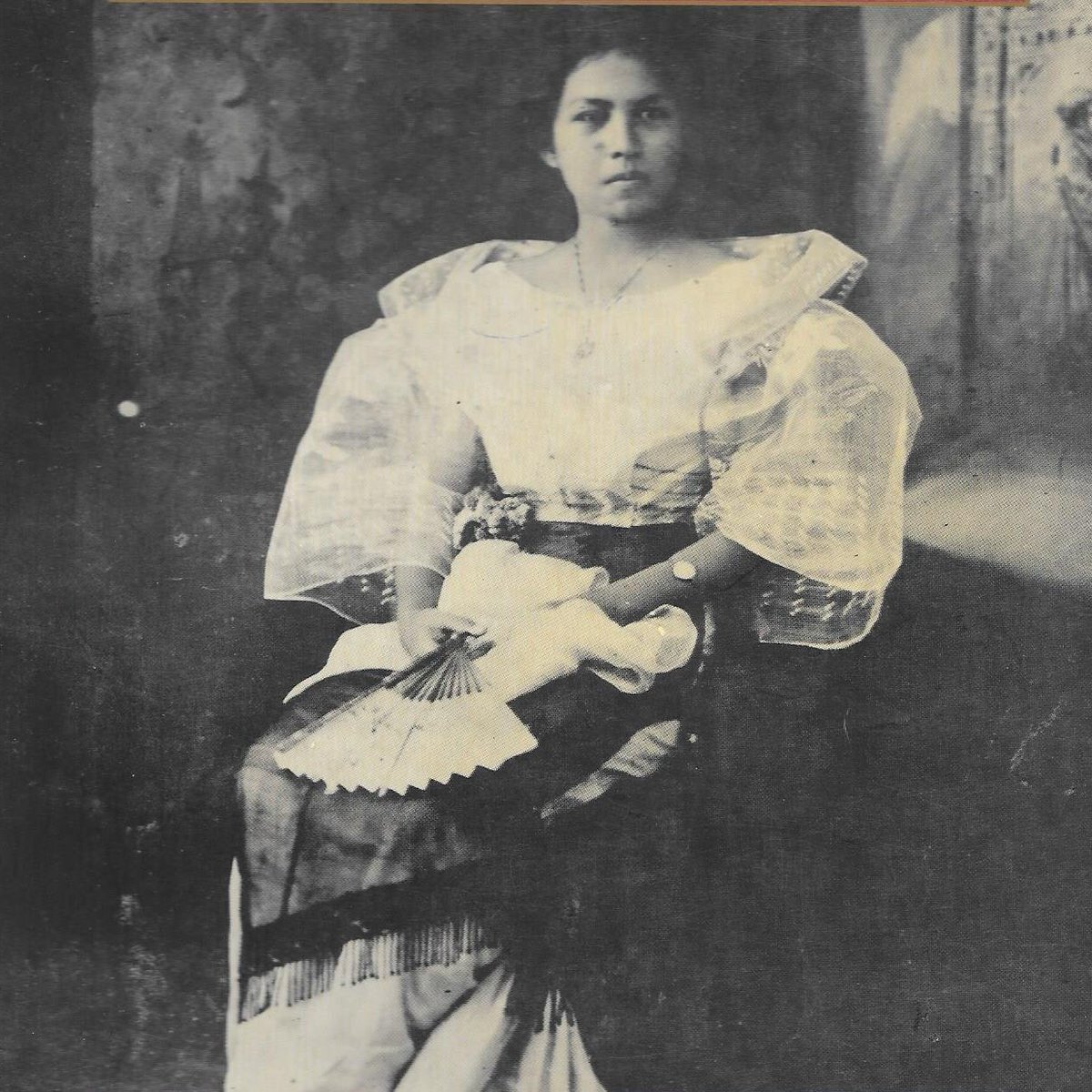
#TodayinHistory in 1920, Jovito Salonga, democracy leader, lawyer, & Senate President, was born in Pasig City #PH. Beyond his sterling achievements as opposition leader during the Marcos dictatorship, his was a life devoted to his Protestant faith, justice, & freedom. THREAD. 

Born to a poor family, the youngest of the 5 children, Salonga's father, Esteban Salonga, was a Presbyterian pastor & his mother, Bernardita Reyes, a vendor. He studied in @UPCollegeofLaw, but had to postpone his Bar exam when Japan invaded #PH in 1941.
https://twitter.com/indiohistorian/status/1336284104870907904?s=20
Salonga joined the Filipino guerrilla underground but was captured in 1942. He was sentenced by the Japanese to 15 years in forced labor, but this was cut short when he was pardoned in Feb 1943 on the occasion of Kigen Setsu (Japan's Foundation Day).
In 1946, Salonga took the Bar & became topnotcher tied w/ Jose W. Diokno, another future senator whom he will be closely working with in Congress. Salonga acquired scholarship in the U.S., & studied at @Harvard & @Yale, garnering awards & degrees in international law.
He returned to #PH & became @FarEasternU's College of Law Dean. In 1960, persuaded by then VP & presidential candidate Diosdado Macapagal to enter politics, Salonga ran as congressman of the 2nd district of Rizal and won in 1961.
Salonga was elected to the Senate in 1965, earning the highest vote, even when it was dominated by the Nacionalistas. Ferdinand Marcos, under the Nacionalista banner, won as #PH president. In 1968, Salonga was nicknamed by the Philippines Free Press mag as "Nation's Fiscalizer" 



... for his passionate criticism on Marcos' extravagance, & aversion to dissent. In prep for the midterm elections, his party, @liberalpartyph, held a miting-de-avance at Plaza Miranda #Manila on 21 August 1971. 2 grenades exploded. Salonga was badly hurt. 

Despite this he still won in 1971 elections. During the dictatorship, Salonga organized Filipino Protestant church leaders to muster their dissent vs. the human rights violations of the Marcos regime. Ecumenical solidarity w/ other religious grps thrived.
https://twitter.com/indiohistorian/status/1308711192190353408?s=20
After #EDSA 1986, Salonga was appointed by Pres. Cory Aquino as the 1st chairman of the Presidential Commission on Good Government (@newPCGG) tasked to sequester the Marcos family's ill-gotten wealth, deposited in different banks around the world.
https://twitter.com/indiohistorian/status/1364787323561381900?s=20
In 1987, under the new Constitution, Salonga ran for the Senate, and won. He was elected by his peers as Senate President. He would later on preside the chamber in the historic #PH rejection of the U.S. Military Bases Agreement in 1991. 
https://twitter.com/indiohistorian/status/1292775064383811590?s=20

Photos:
- Salonga's 1st Privilege Speech, 1965
- Salonga takes the floor at a joint session of Congress, 1969
- Salonga seated on the extreme left, c. 1969
- 1st photo of Salonga after the Plaza Miranda Bombing, 1971
- Salonga's office, undated
For @subselfie.
- Salonga's 1st Privilege Speech, 1965
- Salonga takes the floor at a joint session of Congress, 1969
- Salonga seated on the extreme left, c. 1969
- 1st photo of Salonga after the Plaza Miranda Bombing, 1971
- Salonga's office, undated
For @subselfie.
• • •
Missing some Tweet in this thread? You can try to
force a refresh











